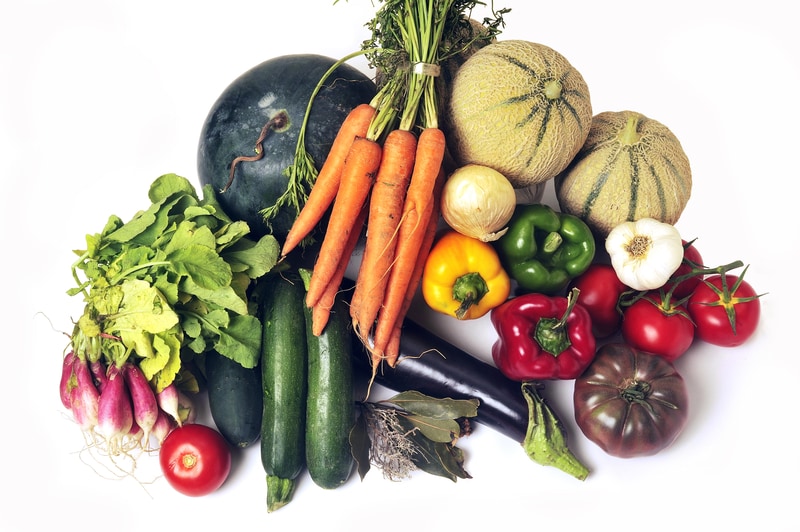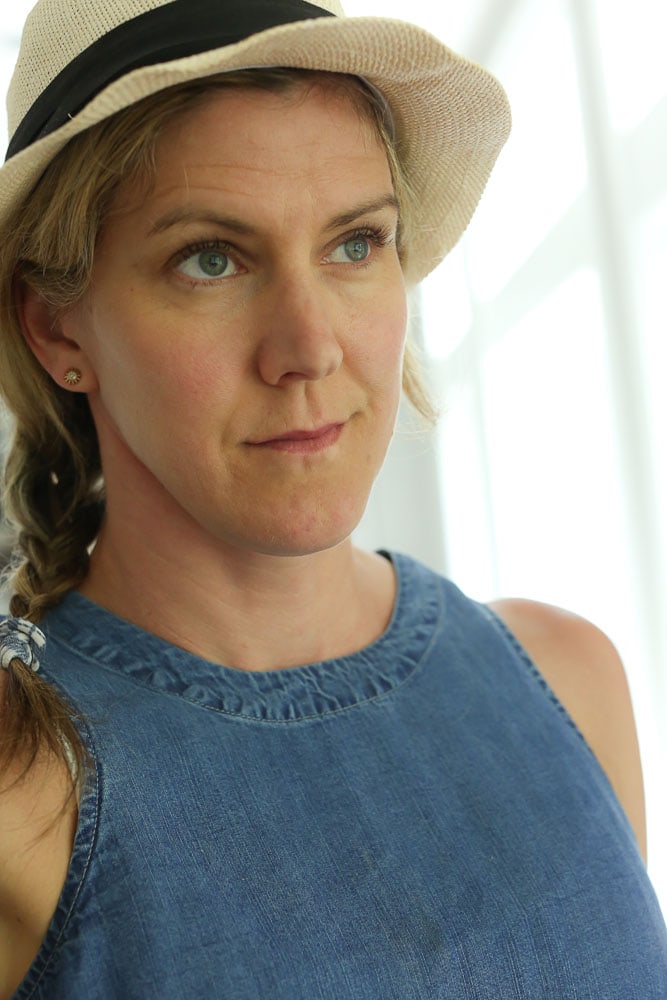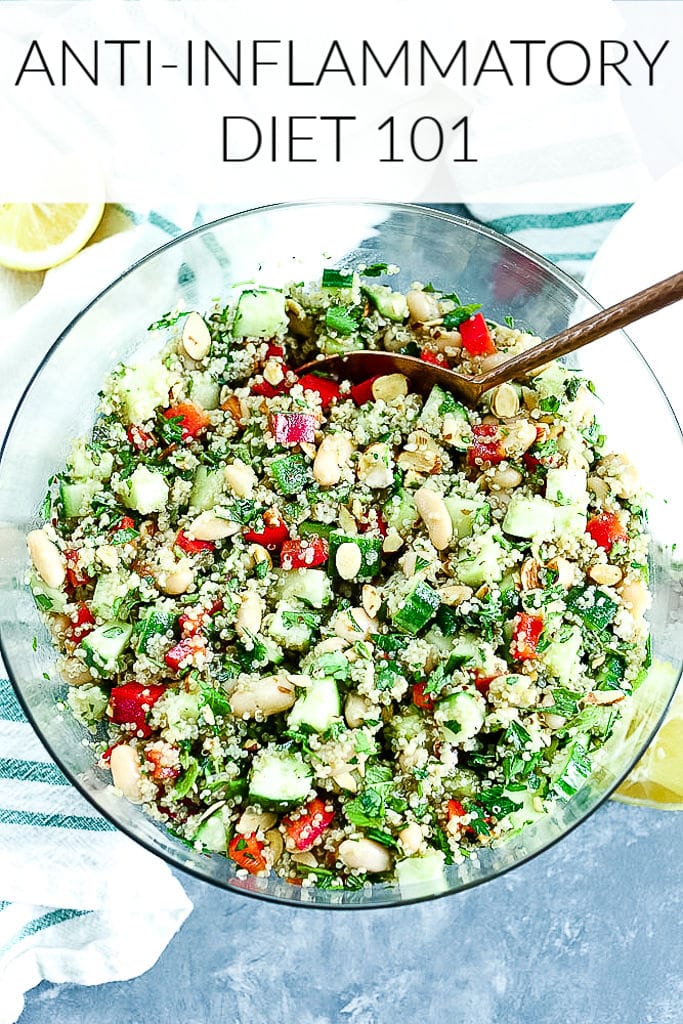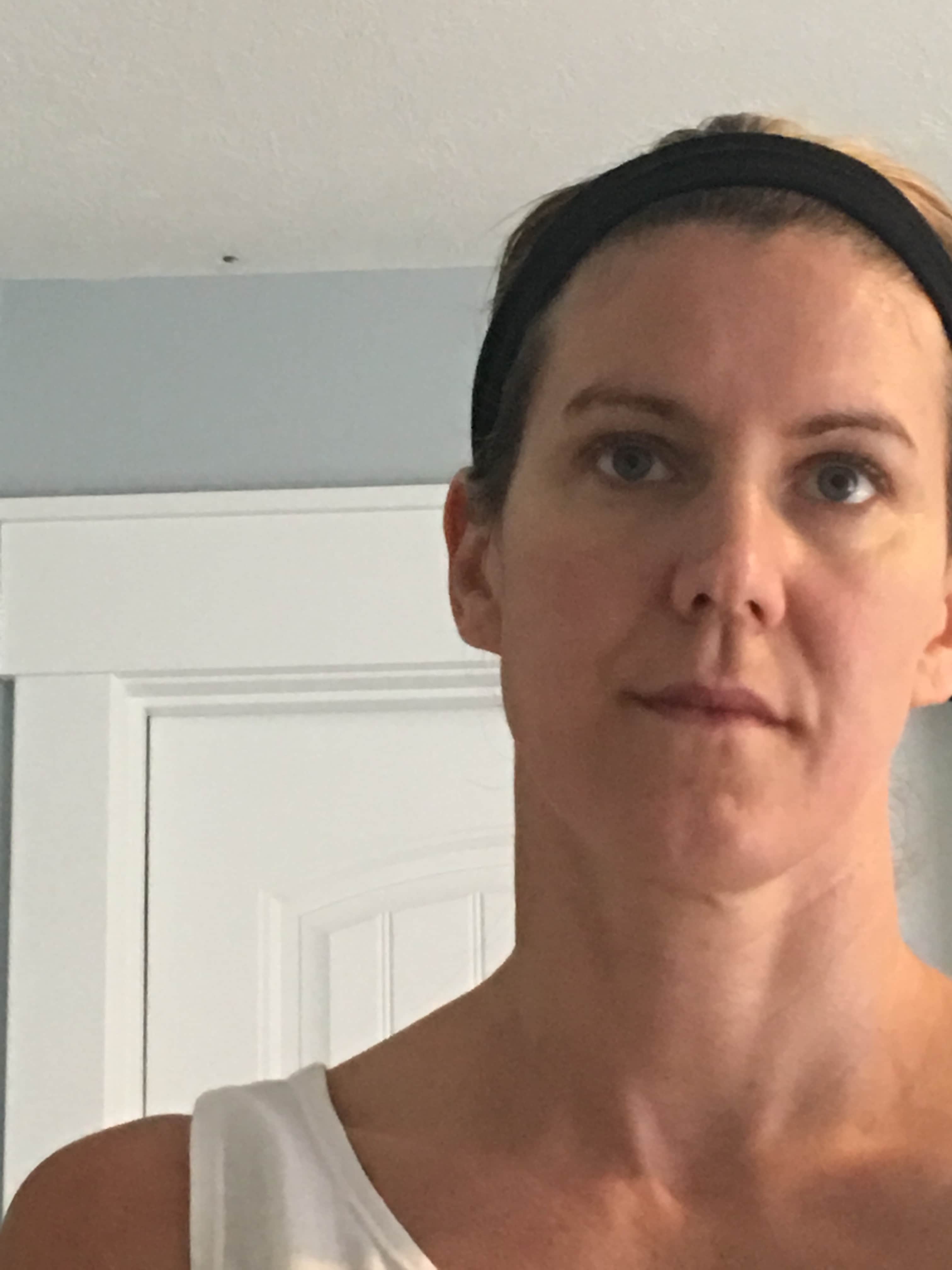Should you worry about glyphosate in your food? Read and decide for yourself.  Glyphosate has been in the news a lot lately. In a landmark lawsuit last month, DeWayne Johnson was awarded $289 million dollars in damages caused by the Monsanto’s Roundup (in which the main ingredient is glyphosate).
Glyphosate has been in the news a lot lately. In a landmark lawsuit last month, DeWayne Johnson was awarded $289 million dollars in damages caused by the Monsanto’s Roundup (in which the main ingredient is glyphosate).
Johnson developed Non-Hodgkin lymphoma following his exposure to Roundup during his work as a groundskeeper. The jury felt there was overwhelming evidence in this case that Monsanto knew that Roundup is toxic and causes cancer, yet hid that knowledge from the public.
Just a few days following the decision against Monsanto, the Environmental Working Group released the results of independent testing it did on dozens of popular oat-based products found on grocery store shelves across America. Glyphosate was detected, at varying levels, on 48 of the 61 foods tested. You can see the full list of results here.
Should you worry about glyphosate in food?
So what are we, the public, meant to make of all of this? Should you worry about glyphosate in your food?
Let me make something very clear before I proceed. I have no bias except for my passion to keep my family safe and healthy. I read and research with an open mind and am only interested in the truth.
I also don’t think you should read any blogger’s viewpoints and take them as absolute certainty. I am not here to fear monger, be an alarmist, or do anything other than present the facts as I see them.
You should do the same: come to your own conclusions based on what information is available. We all want to do what’s best for ourselves and our families; on that I’m sure everyone agrees.
Let’s take a closer look at glyphosate and this controversy.
Facts about Glyphosate
- Glyphosate is a systemic, non-selective herbicide (meaning it will kill most plants) and crop desiccant (applied to the crop shortly before harvest).
- Glyphosate was first registered for use in the United States in 1974.
- Glyphosate is the world’s most widely used herbicide and is the key ingredient in Monsanto Co.’s branded Roundup.
- “Roundup Ready,” genetically engineered glyphosate-tolerant crops were introduced in 1996.
- The World Health Organization (WHO) classified glyphosate as a “probable carcinogen” in 2015.
Is Glyphosate Safe?
So it’s clear that glyphosate is in our food. But should you be concerned? How do we know if it’s safe or not?
We know the WHO declared it a probable carcinogen. But another organization, the European Food Safety Agency (EFSA), found no evidence of carcinogenic hazard.
Which group to believe?
Getting the basic facts about glyphosate was the easy part of my research. From here, it became murky. Reading through the notes and documents from the recent lawsuit against Monsanto, I realized there’s not much that can be trusted. It’s clear Monsanto did what it could to fight independent researchers and pursued those who would favorably analyze their product. (Go read through those documents if you really want your head to spin!)
How can we trust “science” when it’s manipulated?
And then there’s the Environmental Protection Agency. It’s the EPA that’s in charge of regulating herbicide and pesticide use in the United States. Surely we can trust this government agency to do its job and keep us safe. Right?
Well, recently a court ordered the ban of the pesticide chlorpyrifos, stating that the EPA ignored extensive evidence that it, even in small amounts, damages babies’ brains. Apparently they take more into consideration than just, you know, the safety of kids, when making these decisions.
When it comes to glyphosate, EPA labeled it a “possible human carcinogen” in 1985. However,an internal committee rescinded that classification in 1991, saying there wasn’t enough evidence to claim it carcinogenic. Next, they labeled it a chemical with “evidence of non-carcinogenicity for humans.” Again in 2015 it was reviewed, and they concluded that they “at this time do no [sic] support a carcinogenic process for glyphosate.”
Why does this just not sit well with me?
So the questions remains if glyphosate is safe, and at this point it’s not something we can rely on anyone but ourselves to decide. At best, there are a lot of question marks.
A group of scientists released a Statement of Concern about glyphosate-based herbicides in 2016. It notably stated that,
The half-life of glyphosate in water and soil is longer than previously recognized; Human exposures to GBHs are rising; Glyphosate is now authoritatively classified as a probable human carcinogen; Regulatory estimates of tolerable daily intakes for glyphosate in the United States and European Union are based on outdated science…Taken together, these conclusions all indicate that a fresh and independent examination of GBH toxicity should be undertaken, and that this re-examination be accompanied by systematic efforts by relevant agencies to monitor GBH levels in people and in the food supply, none of which are occurring today.
Since that Statement of Concern was issued, more research is taking place. A pilot study of the toxicity of glyphosate was conducted by the The Ramazzini Institute, and the preliminary results indicate that exposure to glyphosate “might be able to alter certain important biological parameters related to sexual development, genotoxicity and alteration of the intestinal bacterial flora. Other important parameters are under investigation that pertain to effects on target organs such as mammary gland, kidney and liver, the hormonal status in the blood, and chromosome alterations in sperm.” (source)
Does more research need to be done? Yes. But is it reasonable to be concerned about glyphosate in our food? In my humble opinion, that answer is also yes.
At least one group of researchers concluded that the EFSA had “serious flaws” in their scientific evaluation when classifying glyphosate as a non-carcinogenic herbicide. In this report, they conclude that:
The most appropriate and scientifically based evaluation of the cancers reported in humans and laboratory animals as well as supportive mechanistic data is that glyphosate is a probable human carcinogen. On the basis of this conclusion and in the absence of evidence to the contrary, it is reasonable to conclude that glyphosate formulations should also be considered likely human carcinogens.
For me, there are too many question marks to conclude that glyphosate is safe. Especially when it comes to children, as it’s known that they are more sensitive to the toxic effects of pesticides and herbicides than adults.
But Doesn’t the Amount of Glyphosate Matter?
You might be thinking that the real risk is for farmers or those working closely with glyphosate, like the groundskeeper DeWayne Johnson. It’s a fair thought.
I understand that the amount of glyphosate found in foods is below the limits set by the EPA. Let’s assume we trust the limits set for now. Even if we trust those limits, there are a few things to consider.
First, I would argue that I’d like to avoid any amount of carcinogenic chemicals in my food. Perhaps me or my children are genetically susceptible to cancer. Is it reasonable to conclude that small amounts of carcinogens may be more likely to promote cancer cells for us? Can “safe” limits really be set?
Second, there is evidence that glyphosate is an endocrine-disrupting chemical. If you aren’t aware of the dangers of chemicals that mess with our hormones, you should know that exposure to endocrine-disrupting chemicals is associated with reproductive problems in both males and females, breast cancer, developmental delays in children, lowered IQs, obesity, and immune system damage. (source and source and source)
That glyphosate could be an endocrine disruptor is important to this part of the conversation because when it comes to endocrine-disrupting chemicals, very small doses have adverse effects. So in this case, “the dose makes the poison” can’t be applied.
How Do I Avoid Glyphosate?
If you’re like me and have enough questions about the safety of glyphosate, you probably want to limit your family’s exposure. The best way that you can do that is to buy organic food and avoid GMOs.
Certified organic food, by definition, cannot be grown with the use of synthetic herbicides like glyphosate. That doesn’t mean all organic foods will be 100% free of glyphosate, but it’s much more likely than conventional and GMO foods.
I know not everyone has the means to buy 100% organic food. My first priority would be to buy organic oat, wheat, rice, dates, and sugar products since they cannot be washed (this list shows crops that commonly use glyphosate). Buy as much organic produce as you can, but at least produce can be washed, which can help remove chemical residue.
While I don’t think worrying about glyphosate needs to keep us up at night, I do think it’s something to consider when buying food for your family. With so many factors out of our control when it comes to both our health and raising our children, why would we not try to control what we can? That’s why I choose to limit our exposure to glyphosate as much as possible.
As always, I am open to other opinions and would love to hear your thoughts in the comments. Please remember, however, to be kind.




amazing the fresh food always the food i need in a day. It’s full of vitamins and great body cleansing, thank you
Do you know that there is a connection between eating junk food and your immunity? Eating junk food lowers your immunity. If you want to stay healthy, here is the list of foods you must avoid.
https://www.parentcircle.com/article/6-foods-that-can-damage-your-childs-immunity/
Thank you very much for your sharing….